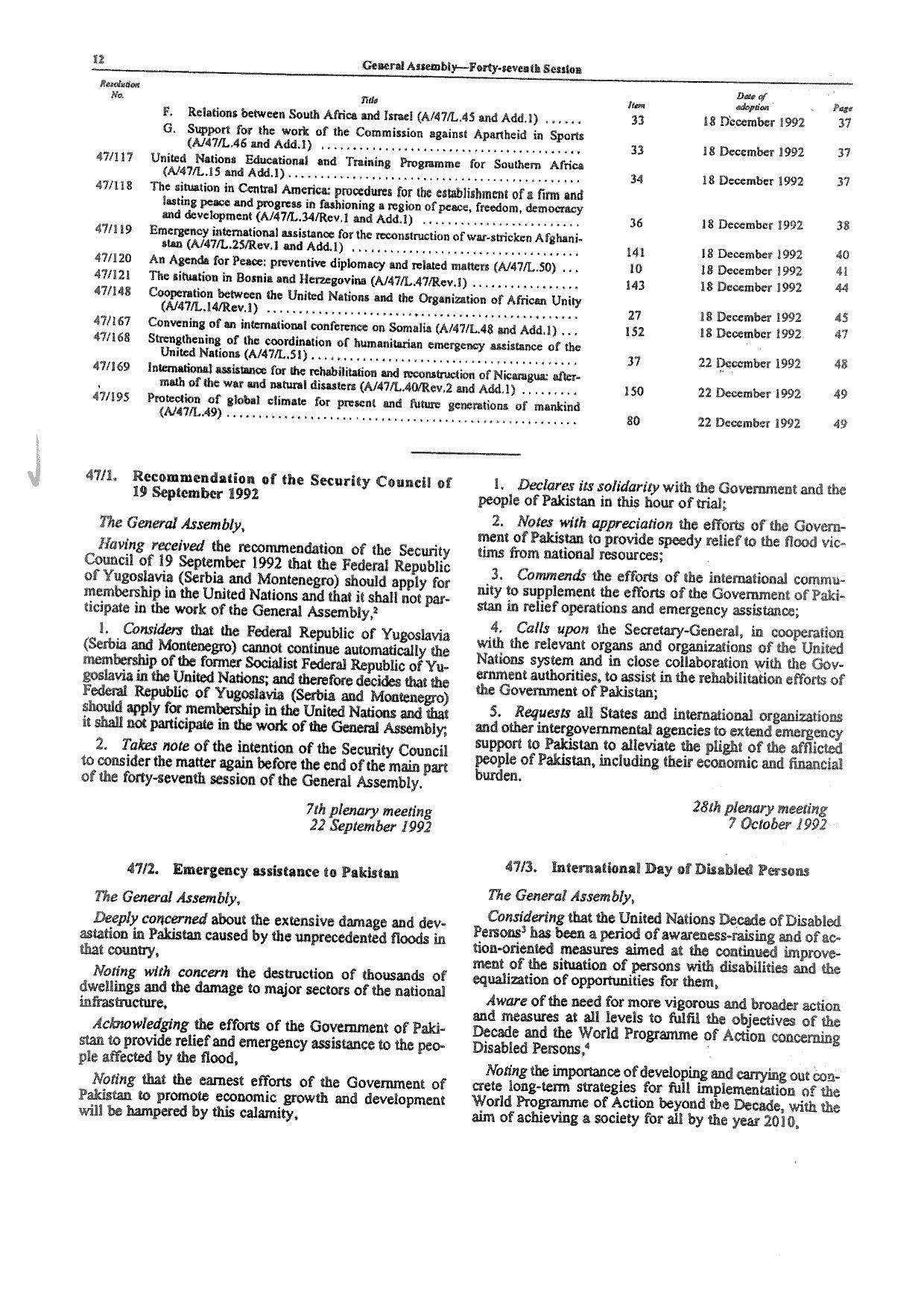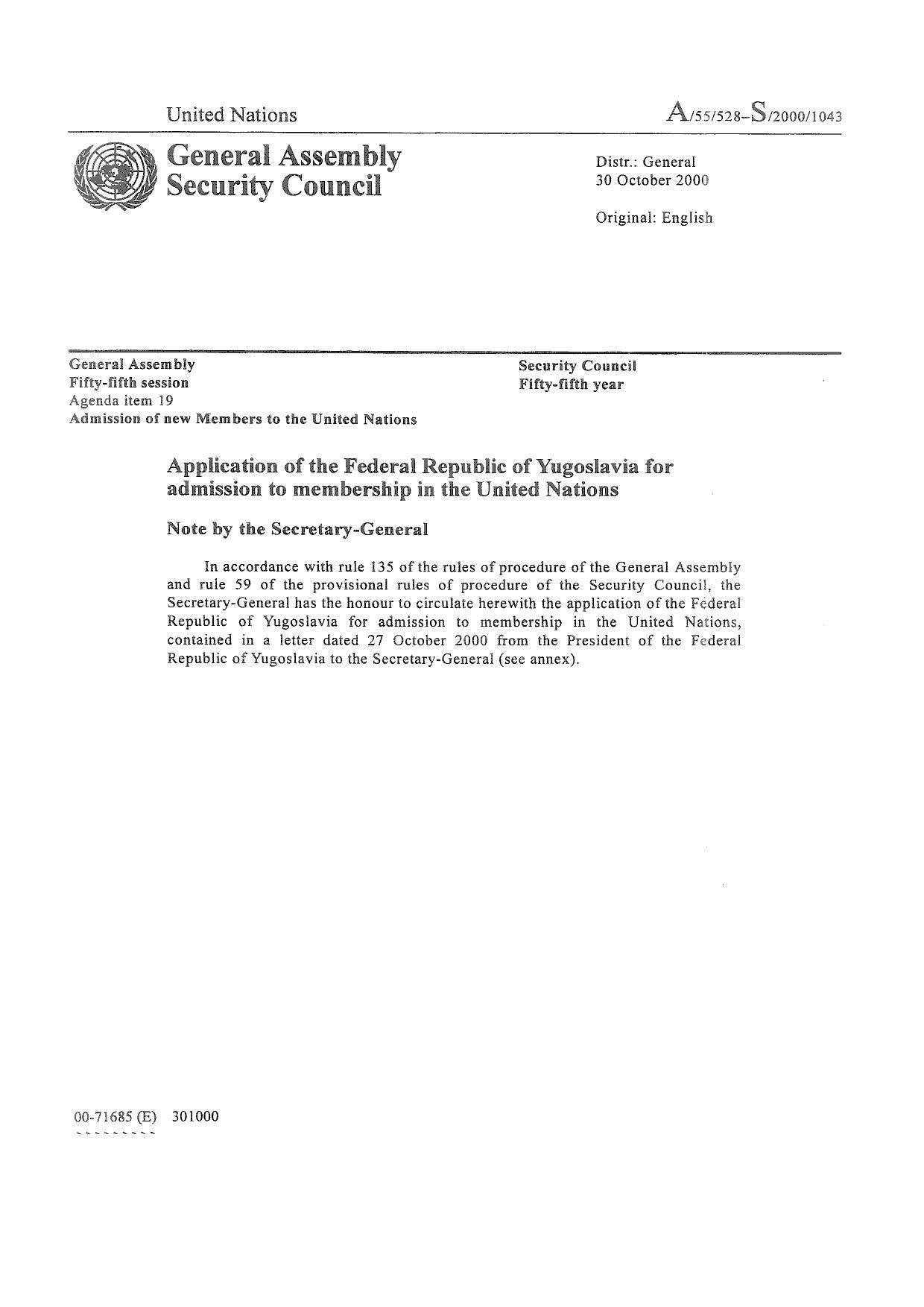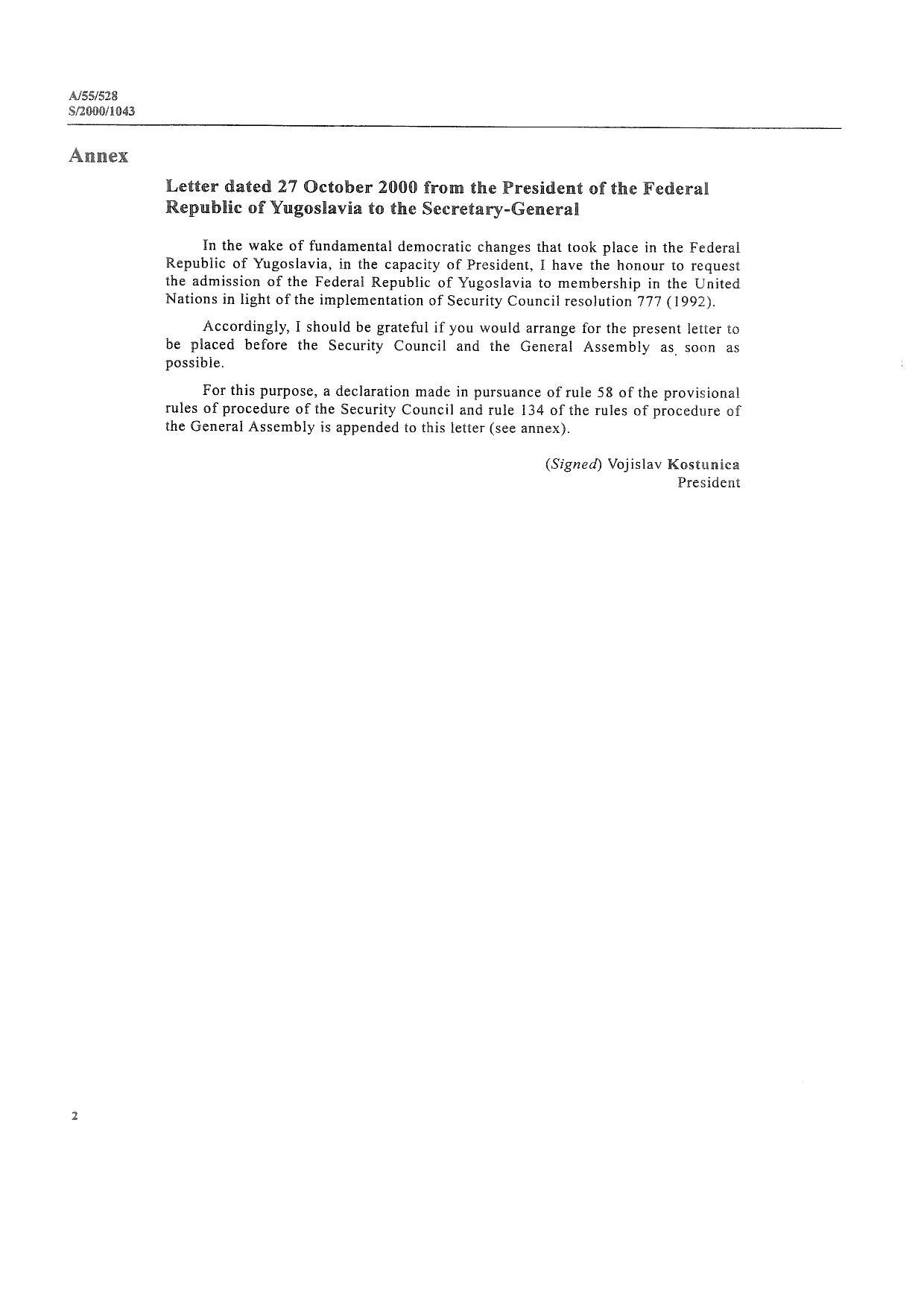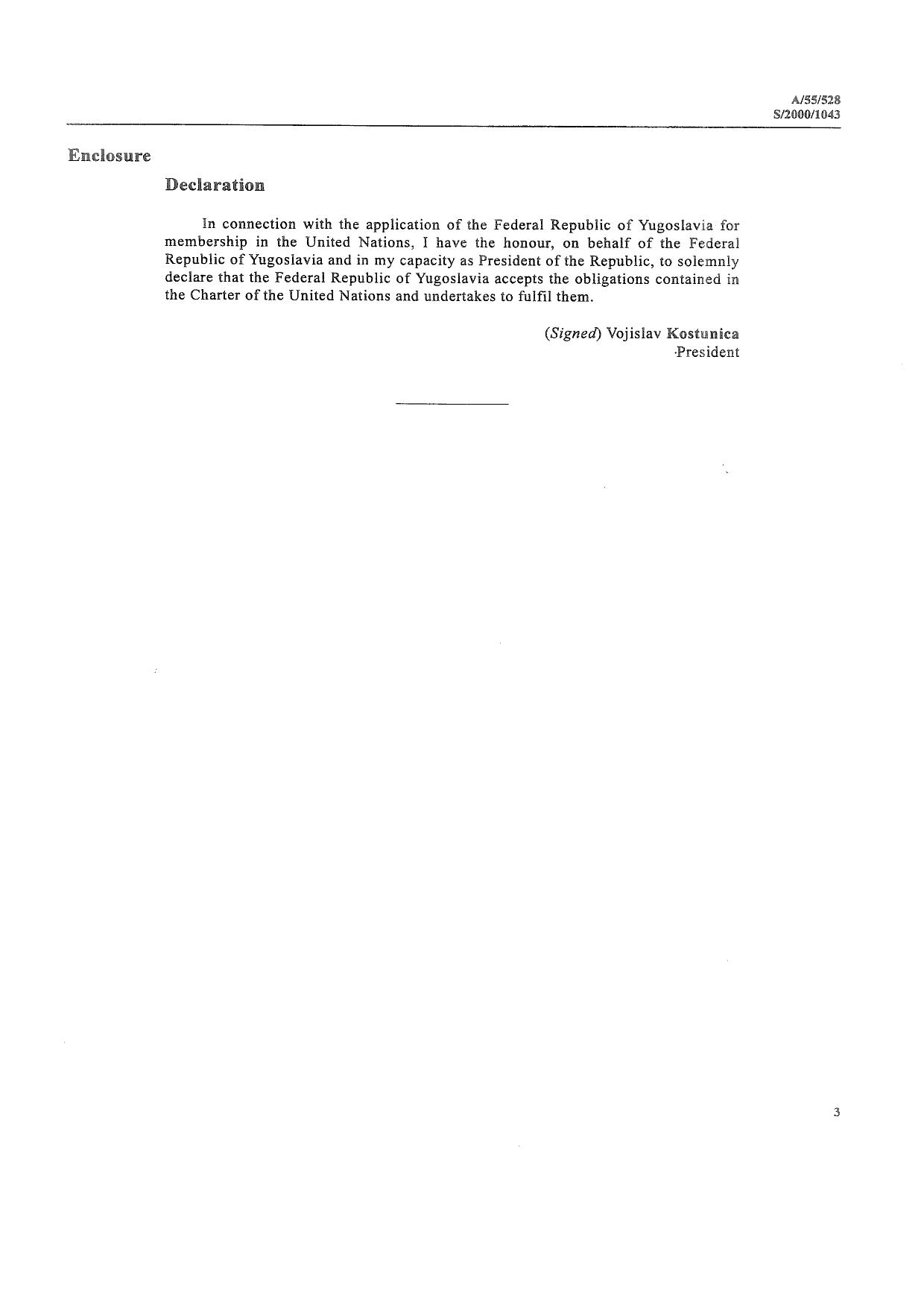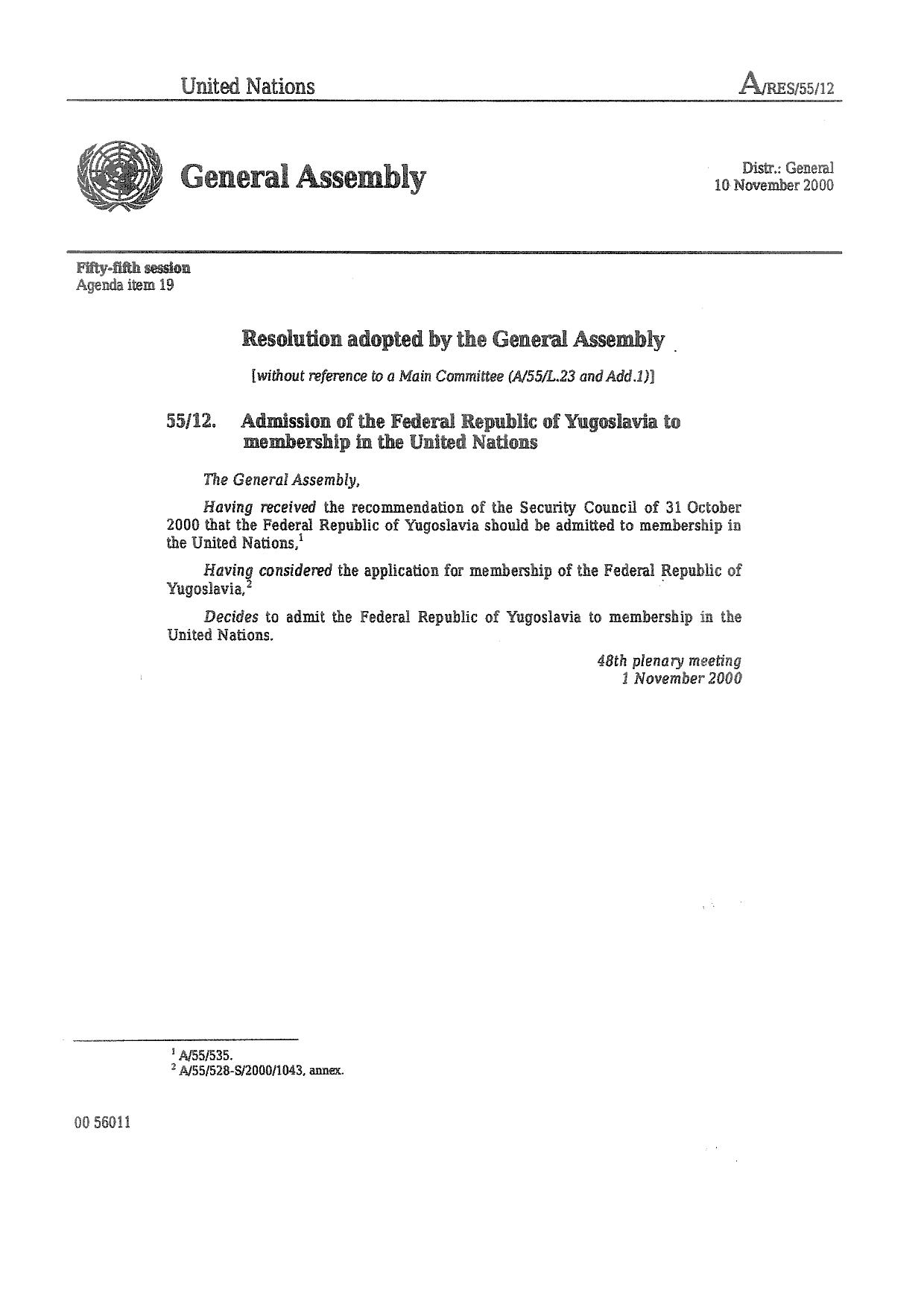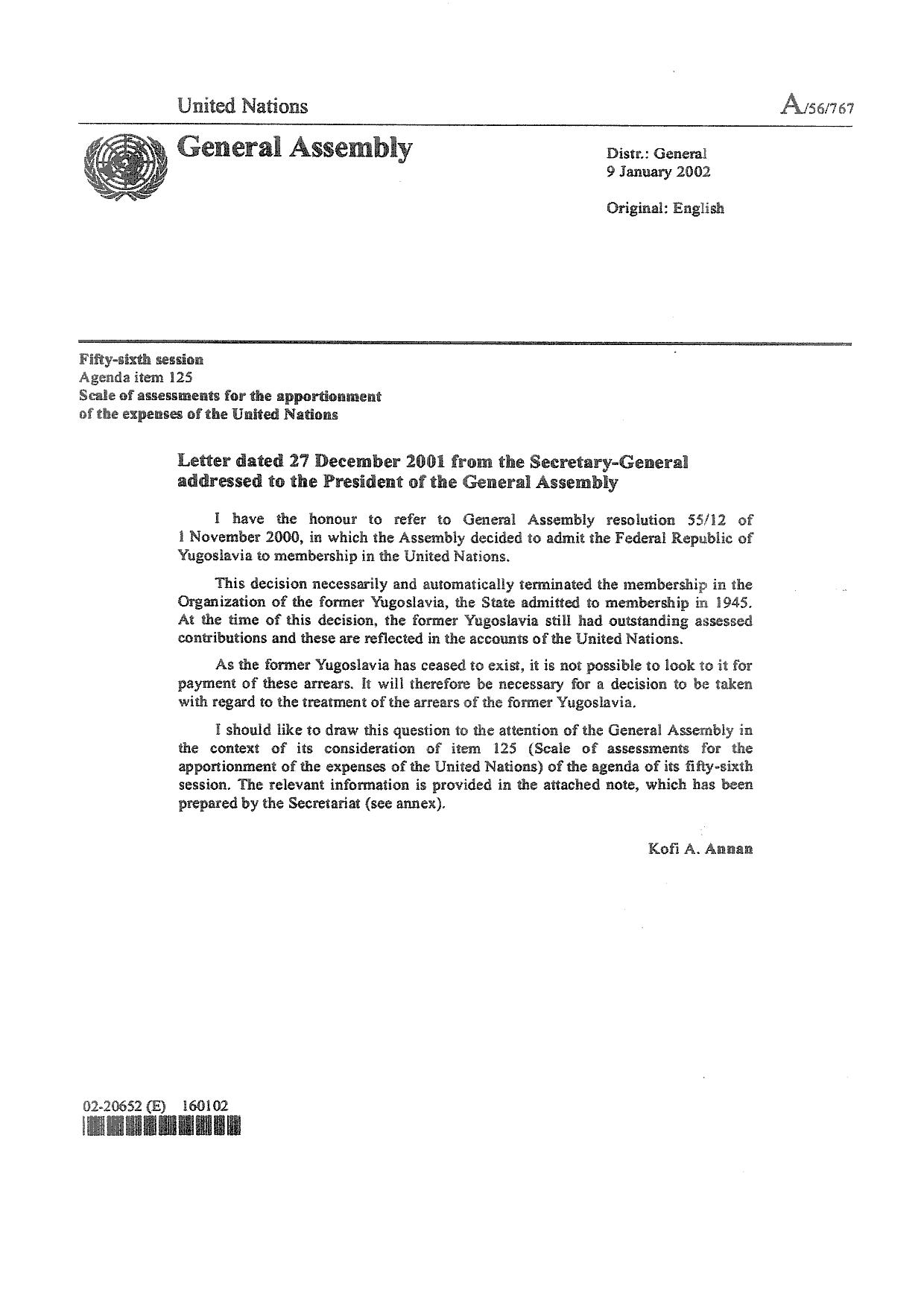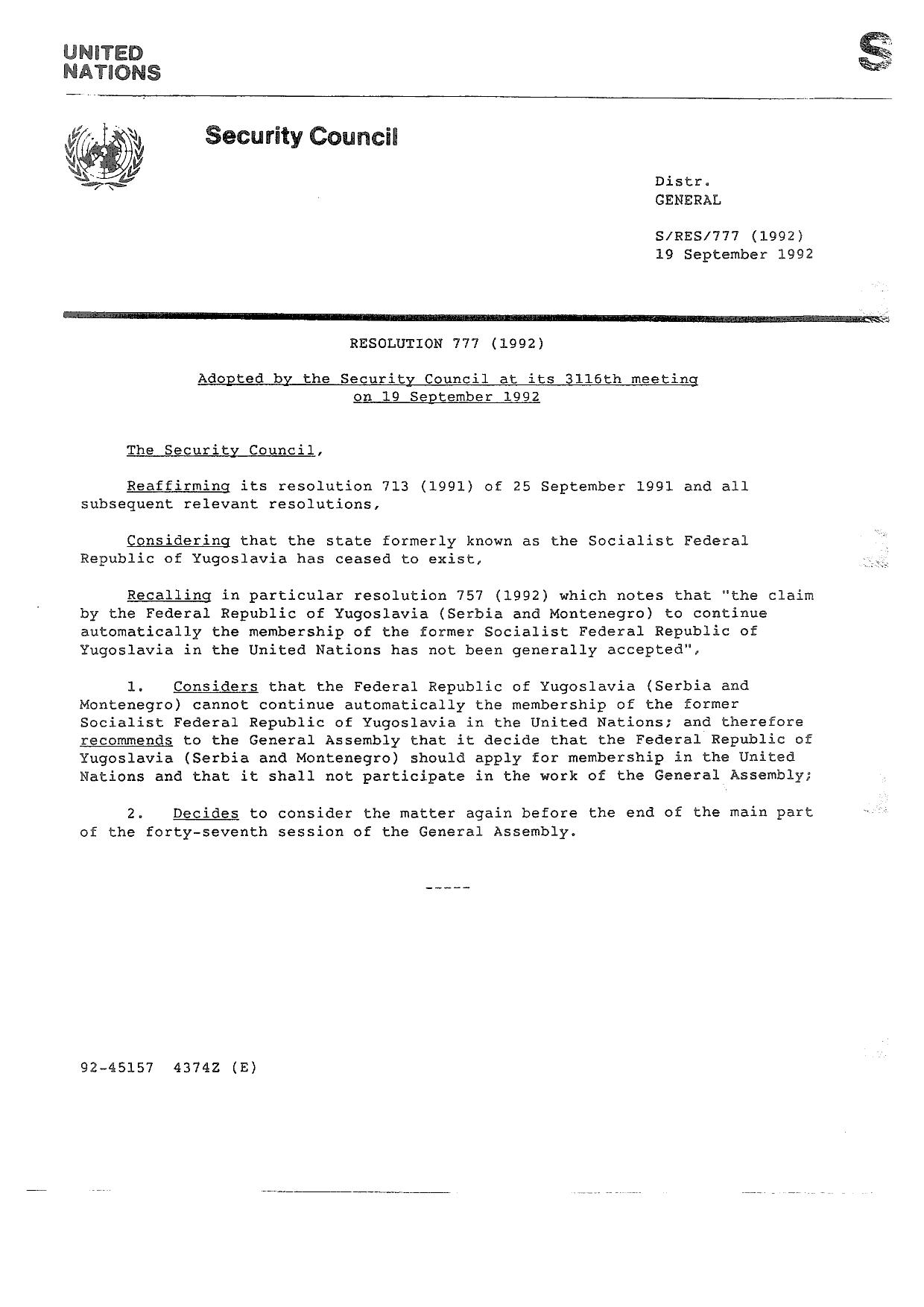
Office of the High Representative
Valentin INZKO
If the JUDGMENT No. 91 of the International Court of Justice on Srebrenica, passed on 26.2.2007. on 201 pages, is still being disputed even after 13 years, then - despite the facts that the proceedings had duration of 14 years with 15 judges participating in it - the Court probably did not provide sufficiently clear and convincing evidence, to establish casual link of Srebrenica's destiny e.g. with:
the Islamic Declaration; opening the corridor Bihać-Turkey-Indonesia; fate of killed Serbian citizens and Serbian villages burnt down to the grounds from that area; exchange of territories; creating Muslim entity to comprise Sarajevo with municipalities: Ilidža, Vogošća, Rajlovac...; the First Bosniak Congress (27.9.1992); alleged Clinton's proposal to sacrifice 5000 refuges; arrangements to divide BiH (9.1.1994); the Washington Agreement (21.3.1994); the "/city of/Split Agreement" (22.7.1995); the conquering F. Abdić's AP West Bosnia; with the "Oluja" (=Storm) operation; the UN SC and UN General Assembly resolutions and similar.
Probably - in order to prevent contesting it further, you are under pressure to exercise "your powers" and pass a law banning the denial of genocide under the threat of imprisonment. So, on 21.11.2020 you were guest on main TV news (https://www.youtube.com/watch?v=58TRfwY0w-g) , where the host asked you if you are going to pass such law by 11.07.2021, and you responded, that you are ready to do it, that such a law exists in Austria, and that one person was already sentenced for denying genocide to three years imprisonment.
It is undisputed, that such a law could be passed by the Assembly of BiH, if it gets consent from Serbs, but you neither have such "powers" nor did your predecessor Paddy Ashdown have them, when he was passing laws arbitrarily, ousting Republika Srpska's officials and similar.
By the way, the Judgment can be contested on two grounds/in two directions, i. e.:
* by contesting the merits of the Judgment - as a result of will expressed by the judges or
* by contesting the legality of the work of the Court - as the will of judges is not free but strictly limited/bound: by the Statute, the Convention on the Prevention and Punishment of the Crime of Genocide, the UN Charter and decisions. Violation of these regulations causes a shortcoming of the judgment - and enclosed hereto you will find evidence on inadmissibility to initiate and conduct the proceedings being subject matter hereto, and thus to pass the contested Judgment of 26.2.2007 as well.
Enclosures:
INADMISSIBILITY OF THE COURT PROCEEDINGS
as ground for compulsory dismissal of the Application
Accusing Yugoslavia (Serbia and Montenegro) of having committed the crime of genocide "by partial destroying and by attempting to destroy, in its entirety, ethnic or religious groups, within and outside of the territory of the BiH (Albanians, Muslims from Sandžak, Croats, Hungarians, and other minorities (368)), especially the Muslim population - Government of the BiH ( without consent and to the detriment of Serbs as the third constituent people ) has filed a APPLICATION No. 91 with the International Court of Justice on 20.03.1993.
It is undisputed, that in the time of filing the Application (in 1993), genocide against "especially the Muslim population" neither existed on the territory of BiH nor in Srebrenica, nor outside of the territory of the BiH. At that time, until 01.11.2000, the respondent states (Yugoslavia or Serbia) did not exist, so there could be no interstate conflict - as evidenced by the resolutions of the UN Security Council and the UN General Assembly (enclosure).
For these reasons, the Court had to immediately dismiss the case/dispute, instead of waiting 14 years, for the " conditions " for the Judgment to be adjusted.
Thus, contrary to the binding decisions of the UN Security Council, the decisions of the UN General Assembly and the Statute of the International Court of Justice - the Court passed JUDGMENT (on 26.02.2007 ) stating:
1. that the state of SERBIA did not commit genocide (which occurred before the establishment of the state of Serbia), did not commit association for the purpose of committing genocide, is not an accomplice to genocide… on the territory of BiH and in Srebrenica,
2. that the State of SERBIA , in connection with the genocide committed in Srebrenica in July 1995, violated the obligation to prevent genocide under the "Convention on the Prevention and Punishment of the Crime of Genocide" , since it did not take all measures in its power to prevent genocide in Srebrenica in July 1995. ..
............ Reasoning and evidence .... .........
After the Yugoslavia dissolution, in violation of the Helsinki Final Act (which has provided for the mutual guarantee of respect for the territorial integrity of signatories) and the creation of new states in 1992 , the UN Security Council and the UN General Assembly passed on 19.9.1992 Resolution no. 777 (encl. 2) and decision 47/1 (encl. 3) , stating that Yugoslavia had ceased to exist, and that the rest of Yugoslavia can not automatically continue the membership of the former Yugoslavia to the United Nations, but it has to submit application for membership in the UN , as a completely new state, and that it will not participate in the work of the General Assembly until then.
Acting on UN decisions, the rest of the former Yugoslavia, called the Federal Republic of Yugoslavia , submitted on 30.10.2000 "Application for Admission to Membership in the United Nations" (encl. 4) with reservation that it: "does not consider itself bound by Article IX of the Convention on the Prevention and Punishment of the Crime of Genocide and, therefore, before any dispute to which the Federal Republic of Yugoslavia is a party may be validly submitted to the jurisdiction of the International Court of Justice under this Article, the specific and explicit consent of the FRY is required in each case".
Acting on the Application, the UN General Assembly passed on November 1, 2000. the Resolution A / Res / 55/12 (encl. 5) to admit the Federal Republic of Yugoslavia (FRY), as A NEW COUNTRY, to the United Nations.
Three years later (on 04.03.2003), the FRY changed its name to "Serbia and Montenegro".
Six year after FRY is registered, following the unconstitutional independence of Montenegro (by passing respective decision only by votes of the of present MPs on 03.06.2006, and not by required 2/3 majority of votes of all MPs), the Republic of Serbia filed Application to the UN (4) , where it was registered under retroactive date 01.11. 2000.
----- * -----
According to Article 35 of the Statute of the International Court of Justice, proceedings before the Court may be instituted and conducted by UN Member States (Contracting Parties), and the Convention on the Prevention and Punishment of the Crime of Genocide may apply to them if they accept the Convention and have no reservations.
These very basic procedural conditions were not met.
At the time of filing the lawsuit (20.03.1993 ), the Republic of BiH was a full member of the UN, where it was admitted on 22.05.1992.
Conversely, the Federal Republic of Yugoslavia (FRY) was admitted to the UN as a new state only on 01.11.2000, from where she had been expelled on 23.09.1992.
The Republic of Serbia was registered as the 190th member of the UN on 01.11.2000.
Given the fact, that the FRY, and then Serbia, did not exist as members of the UN on 29.04.1999, as the FRY initiated 8 disputes against NATO states (USA, UK, Germany, France, Italy, the Netherlands, Belgium, Canada, Portugal and Spain) because of the aggression and the bombardment of Serbia - the Court declined jurisdiction with reasoning:
At the time of the bombardment, the FRY was not a member of the UN according to the Resolution no. 777 UN Security Council of 19.09.1992 (encl. 2) and Resolution no. 47/1 of the UN General Assembly dated 22.09.1992 (encl. 3), so the FRY at the time of filing the Application - 29.04.1999 was not a party to the Statute, which in Art. 35. paragraph 1 stipulates that "the Court is available to all Member States of the Statute"
Considering that the FRY as a state was admitted into the UN membership by the UN General Assembly Resolution no. 55/12 of 01.11.2000 (encl. 5), and that Serbia became an independent state on 03.06.2006 - the Court HAD to DECLINE JURISDICTION in the case BiH versus Yugoslavia / Serbia, being subject matter hereto.
Moreover, same way the dispute was dismissed in the case FRY versus eight NATO member states, for the same reasons the Court had to decline jurisdiction in the case being subject matter hereto.
------ * -----
As far as the respondent Yugoslavia (Serbia and Montenegro) is concerned, the Resolution 47/1 of the UN General Assembly states, that there is no automatic continuity between Yugoslavia, which fell apart, and the FRY, but that the FRY should instead submit application for membership in the UN and can not participate in the General Assembly.
By the way, to date, the state of Serbia has neither signed the Convention on the Prevention and Punishment of the Crime of Genocide, nor has it accepted the STATUTE of the International Court of Justice.
The BiH failed to produce evidence along with submitting the Application, and afterwards, that tat the moment of filing the Application (1993) the genocide took place, which was more of a reason for the Court to dismiss the dispute due to lack of passive legitimacy on the part of the respondent.
Moreover, throughout the proceedings, that was not an international one, the BiH at the moment it filed Application did not have active legitimacy as well, for the following two reasons. The independence of the BiH was achieved in violation of the aforementioned Helsinki Charter, as well as by violating the constitutivity and consensus of all three peoples. Without consent of the Serbian people, under the participation of only Bosnian Croats and Muslims in the Parliament of BiH, and then in illegal referendum, the secession of the the BiH from the SFR Yugoslavia was declared, which Serbian people never accepted, as it had never agreed with the filing of the cited Application.
In order to protect its interests and prevent the continuation of genocide committed during the WWII (when BiH was a part of the puppet state "NDH") , the Serbian people formed Republic of Srpska on 09.01.1992, and its personality is being recognized by the Dayton agreement, so the persons, that filed Application on behalf of the BiH cannot be deemed as legal and legitimate representatives of the Serbian people. Furthermore, it cannot be considered, that the entire Muslim people in BiH agreed to filing Application (such as Muslims in AP Western Bosnia), whose representative Fikret ABDIĆ got more votes on elections in BiH, than Alija Izetbegović...
After reaching agreements, the withdrawal of the AR BiH from Srebrenica to Sarajevo in March 1995, with Naser Orić and command, in order to take over Sarajevo and to conduct joint actions with Croatian Army towards Bihać in order to remove AP Western Bosnia and Fikret Abdić and similar - the interest in Srebrenica has ceased ...
That was probably the reason, that the massacre and disappearance of people after leaving Srebrenica on 13.07.1995 was not mentioned at all for the next 5 months, and was not even mentioned in a single word during the Dayton and Paris talks on 14.12.1995.
The Judgment of 26.02.2007 states on these events (para. 278) :
" Within a few days, approximately 25,000 Bosnian Muslims, most of them women, children and elderly people who were living in the area, were uprooted... The military-aged Bosnian Muslim men of Srebrenica, however, were consigned to a separate fate... More than 7,000 people were never seen again." (IT-98-33-T, Judgment, 2 August 2001, para. 1, .. ) .
(293) "... the Trial Chamber was entitled to conclude that the destruction of such a sizable number of men, one fifth of the overall Srebrenica community, “‘would inevitably result in the physical disappearance of the Bosnian Muslim population at Srebrenica’”( IT-98-33, Appeal Judgment, 19 .April 2004, paragraphs 28-33 ).
(296) "The size of the Bosnian Muslim population in Srebrenica prior to its capture by the VRS forces in 1995 amounted to approximately forty thousand people."
This Judgment was passed 14 years after the Application was filed, because until 13.7.1995 there was no crime that "could" be qualified as genocide, and until 01.11.2000, i. e. until 03.06.2006. year, there was no respondent - with the status of a member of the UN.
Author of the BiH Application Francis A. BOYLE – Professor of International Law at the University of Chicago, before of the hearing and the Hague Judgment of 27.02.2006 (a month before Montenegro's independence and the creation of the state of Serbia) stressed his belief that the Court would accept the lawsuit and go to the UN Security Council to confirm it - suggesting to the authorities of the BiH authorities to use the trial and judgment to abolish Republika Srpska, as Serbia does not have one hundred billion dollars for paying damages…
In order to force Serbia to recognize genocide and to punish it, as announced 9 years earlier by prof. Boyle, - the Great Britain submitted Resolutions to the UN Security Council on 15.06.2015 requesting: acknowledgment of the genocide, prohibition of genocide denial, incorporation of genocide into the educational program, providing justice for victims and long-term support to survivors…
At the same time, this resolution proposal, directed against Serbia and Republic of Srpska, reiterated support for the Dayton Agreement and the survival of only the Federation of BiH…
Thanks to the Russian veto, the Resolution was not adopted on 08.07.2015, despite the unprecedented pressure in the UN Security Council.
----- * -----

